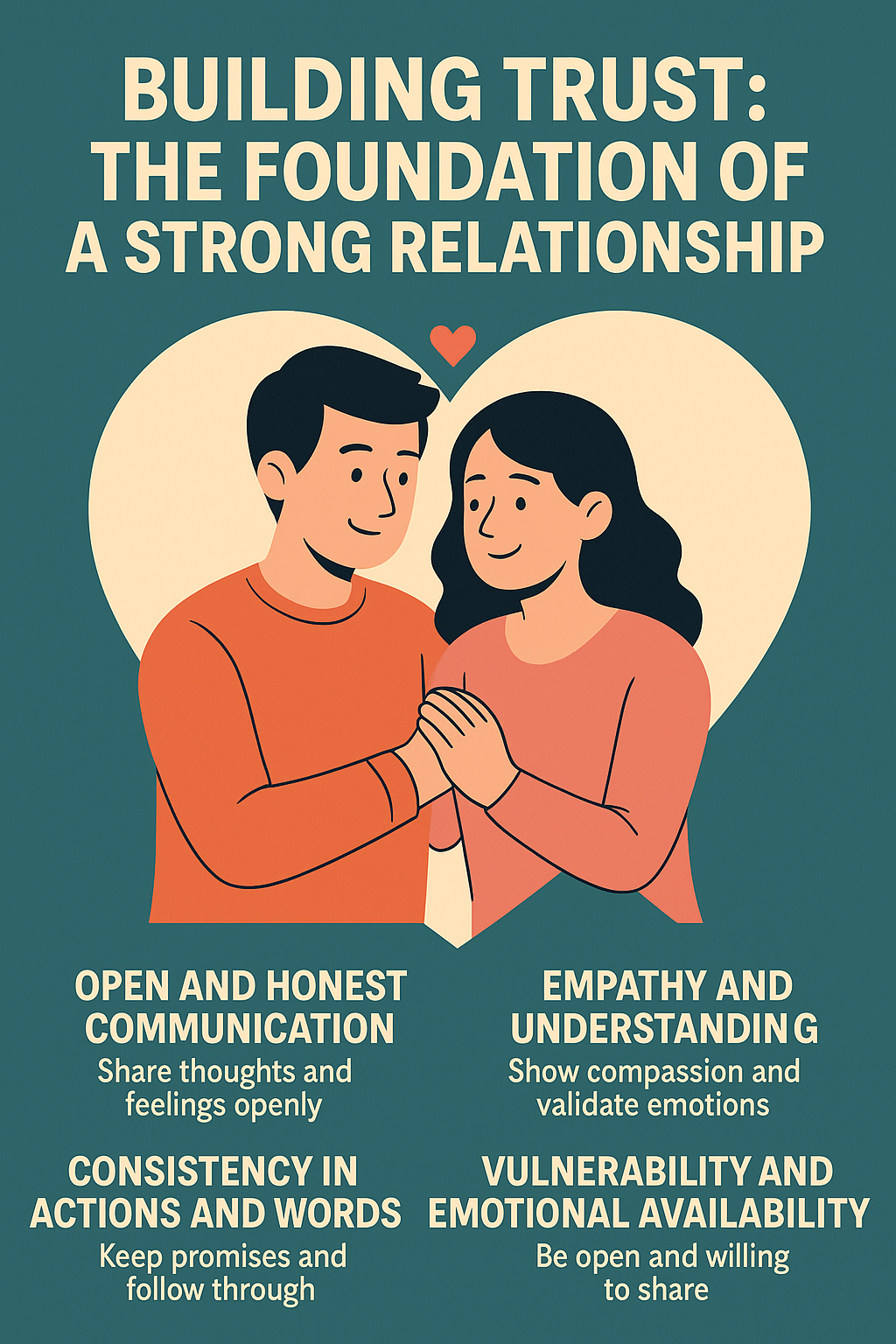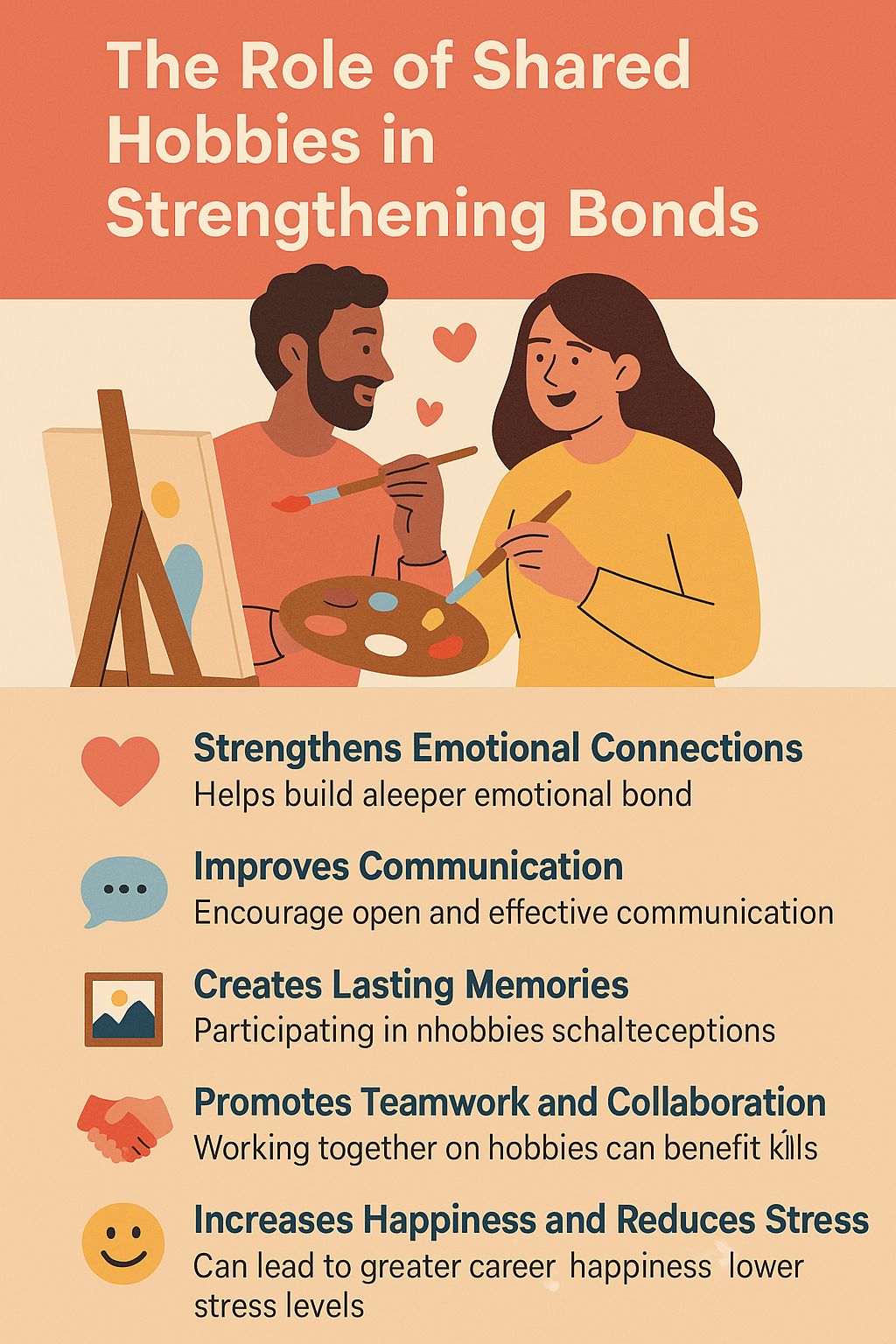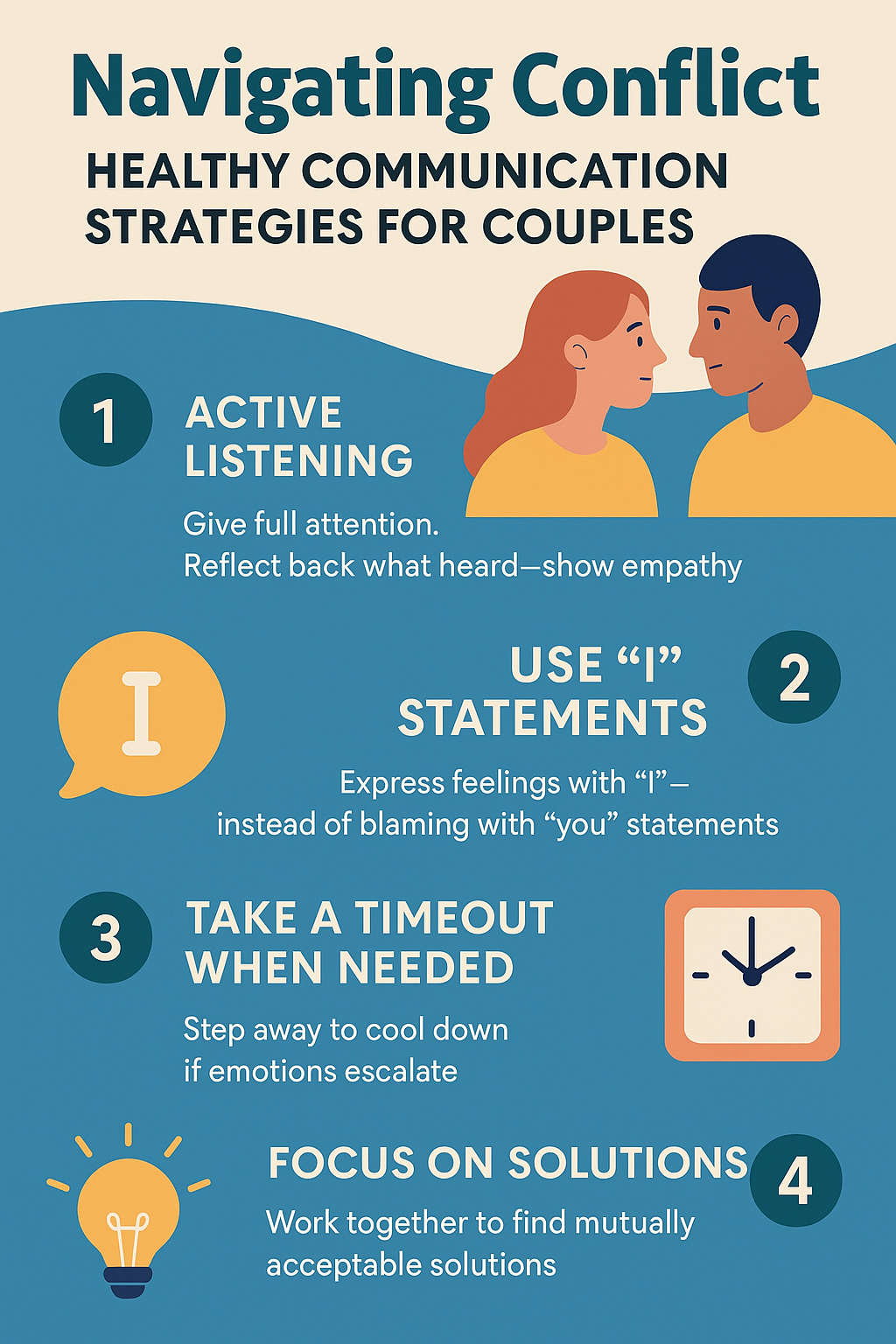Trust is often described as the cornerstone of any healthy relationship. It serves as the bedrock upon which emotional intimacy, mutual respect, and long-term commitment are built. Without it, relationships can become fragile, marked by insecurity, miscommunication, and emotional distance.
Why Trust Matters
Research underscores the pivotal role trust plays in romantic relationships. A study published in Psychology Magazine highlights that higher levels of trust enable individuals to look past their partner’s transgressions and anticipate positive outcomes in the future, fostering emotional safety and intimacy. On the flip side, a lack of trust can lead to negative reactions, lying, low relationship quality perception, and attachment anxiety, which negatively impact relationships.
How to Build and Maintain Trust
Building trust is a gradual process that takes time, consistency, and effort from both partners. Here are practical steps couples can take:
1. Open and Honest Communication
Transparent communication is essential in any relationship. Sharing thoughts, feelings, and concerns openly fosters understanding and prevents misunderstandings. Regular check-ins about each other’s needs and expectations help to strengthen the bond and keep both partners aligned.
2. Consistency in Actions and Words
Trust is reinforced when words align with actions. Consistently following through on promises and commitments shows reliability and builds confidence in each other. Being predictable in your actions and maintaining integrity when faced with challenges fosters trust over time.
3. Empathy and Understanding
Approaching each other with empathy, especially during conflicts, creates a supportive environment. Acknowledging each other’s feelings and perspectives can prevent defensiveness and lead to resolution, even in the toughest of situations. It’s about validating your partner’s emotions and working together to solve the issue at hand.
4. Vulnerability and Emotional Availability
Being open about your emotions and vulnerabilities helps to establish a deeper connection. When both partners share their true feelings, fears, and hopes, it creates a strong emotional bond. Vulnerability encourages reciprocal sharing, strengthening the trust and intimacy in the relationship.
5. Respecting Boundaries
Understanding and respecting each other’s boundaries is crucial for maintaining a healthy relationship. This includes respecting privacy, acknowledging the need for personal space, and showing consideration for your partner’s needs. Boundaries are not about controlling one another but fostering a space where both people feel safe, respected, and valued.
Rebuilding Trust After a Breach
Trust can be shaken or broken by actions such as dishonesty, betrayal, or unmet expectations. Rebuilding it requires intentional effort from both parties. Here’s how to begin the healing process:
- Acknowledge the Breach: Openly discuss the incident and avoid defensiveness. This conversation is key to understanding how both parties were affected.
- Apologize Sincerely: A genuine apology involves recognizing the hurt caused and taking responsibility for the actions. It’s not about just saying “I’m sorry” but truly reflecting on the consequences of one’s actions.
- Demonstrate Change: Rebuilding trust requires concrete actions to ensure the breach doesn’t happen again. This shows your partner that you are committed to change.
- Seek Professional Help: Couples therapy can provide valuable tools and support to work through trust issues and facilitate emotional healing.
The Role of Trust in Relationship Satisfaction
Trust is not just about preventing negative outcomes; it also enhances relationship satisfaction. Couples who trust each other are more likely to experience greater levels of intimacy, emotional support, and overall happiness in their relationship. Trust fosters a sense of security that allows partners to be open, vulnerable, and fully engaged with one another.
By nurturing trust through consistent communication, empathy, vulnerability, and respect, couples can create a strong, resilient relationship. While trust can take time to build, it’s the foundation upon which a lasting and fulfilling partnership is built.



